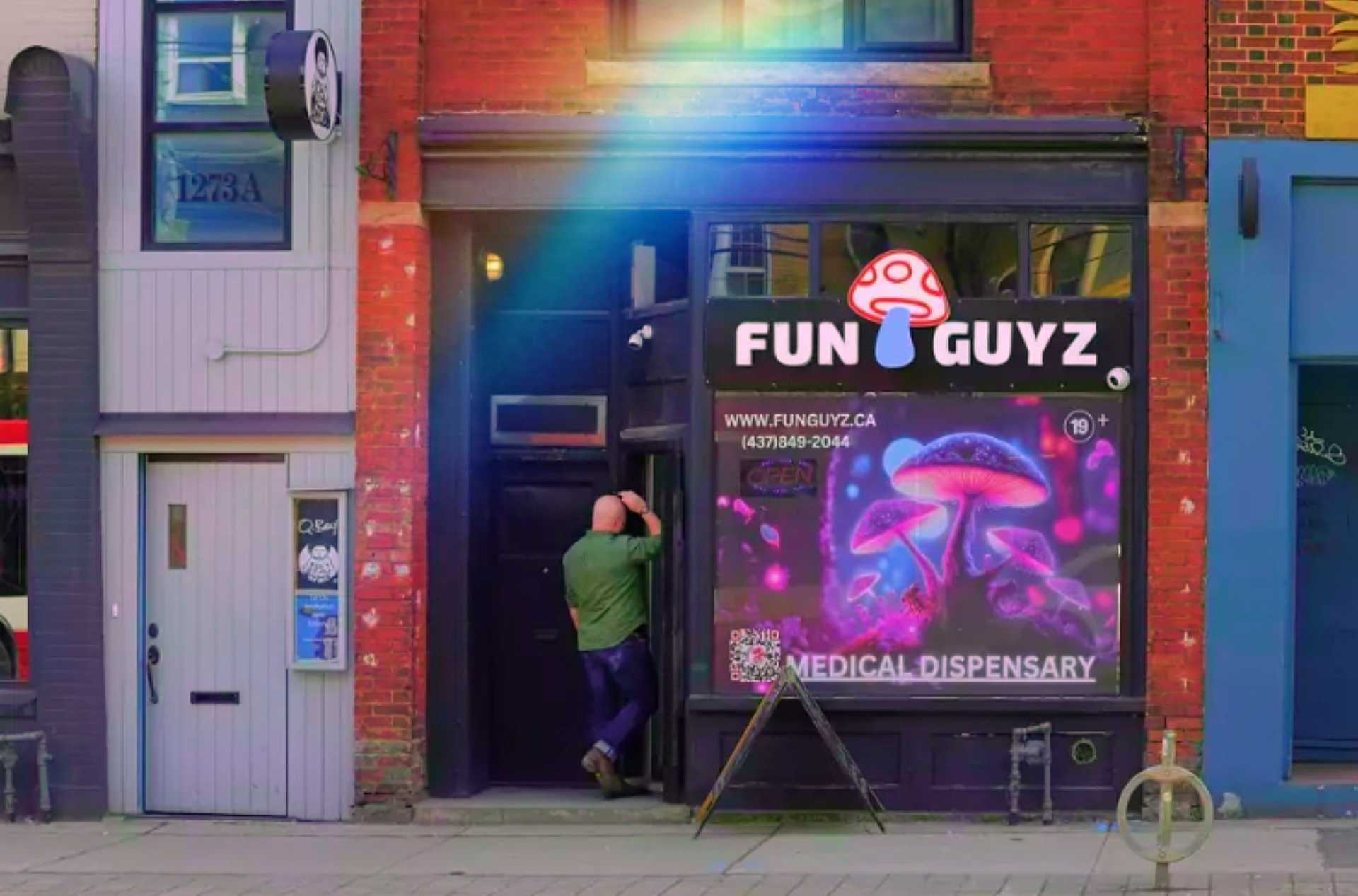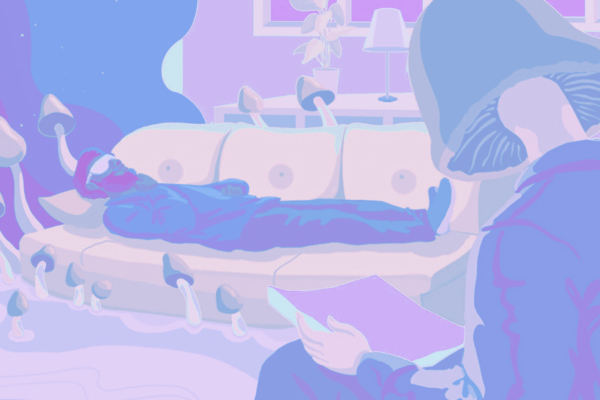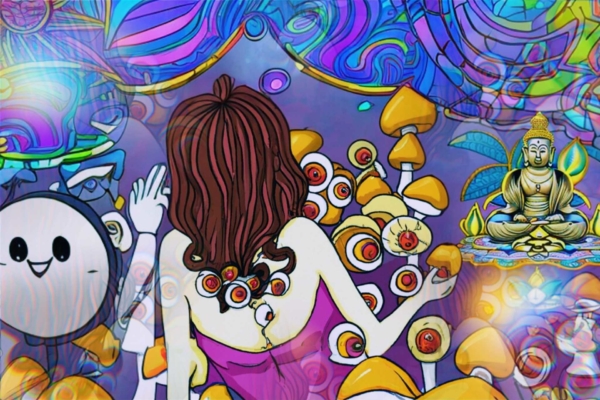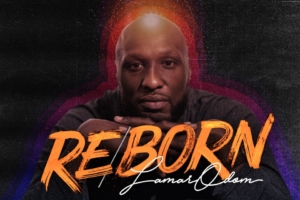
While news about the potential benefits of psilocybin are slowly but surely beginning to populate social media platforms, psychedelic dispensaries have started to pop left and right across North America.
Despite the fact that psilocybin-assisted therapy has not yet been approved by the FDA yet, many Canadians are beginning to seek affordable and easy access to shrooms to either self-medicate or for recreational use.
As mainstream media continues to cover psilocybin’s potential to treat mental health illnesses like depression, anxiety and alcohol use disorder, Ontario’s psychedelic “gray” market has been steadily blossoming with shroom shops sprouting out of thin air, offering a plethora of psilocybin goodies. Now, Montreal may soon join the public psychedelic civil disobedience movement.
FunGuyz, which has already opened nine magic mushroom dispensaries across Ontario now plans to expand its operations by setting up two more locations this summer. One will be located in Montreal and the other in Laval, and both will offer psilocybin products for therapeutic use. However, Montreal’s Mayor, Valérie Plante, is not as welcoming of shroom shops and will not tolerate the sale of illegal substances in the city.
“Mushrooms [are] not legal in Canada so, of course, we will apply the law and Montreal police officers will be ready to act based on the law,” the mayor told CTV News.
Will the Montreal Police intervene? It seems that way.
According to CTV News, the Montreal police service (SPVM) says that trafficking of illegal substances is regulated by the Controlled Drugs and Substances Act, which will inevitably lead to some penalties.
The SPVM stated that it will work with the Laval police over the coming weeks, “to evaluate the various possible intervention scenarios, on our respective territories and in concert. Responsible officers will be identified in each of our police departments. We will also be checking with our police partners across the country to see what kind of response has been given to this type of commercial activity. We are also evaluating the possibility of meeting with the managers of the establishments in advance to validate their intentions and explain our orientations.”
However, the threats of shutting down Montreal’s shroom dispensary do not appear to scare Owner Edgar Gorbans. In fact, he would be open to criminal charges because it would be easier to challenge psilocybin’s illegality in court, which is his ultimate goal.
“With us having criminal charges, it’s a lot easier for us to go through the system in order to do the constitutional challenge,” Gorbans told CTV News.
According to Gorbans, he has rented a storefront on Ontario Street in the Sainte-Marie neighborhood and intends to open in the first week of July, despite any potential obstacles.
“We’re going to try. They can’t technically shut us down, they can come in, seize our product and when their search warrant ends, we would open right back up like we are doing in Ontario,” says Gorbans.
Psilocybin’s Legal Status in Canada
Despite that fact that most shroom shop owners claim that psilocybin exists in the legal “gray” zone, that is in fact not true. Psilocybin is illegal in Canada. It is listed under Schedule III of the federal Controlled Drugs and Substances Act.
According to section 4(1) of the Act, it is illegal to possess any substance listed in Schedule I, II, or III, unless it is authorized by the regulations. Additionally, cultivation, trafficking (including sale), import, and export of these substances are also prohibited, unless regulatory authorization is obtained.
Though certain individuals suffering from extreme cases of psychological distress can legally seek access to psilocybin-assisted therapy through s. 56 of the Act or the Special Access Program (SAP), it has proven to be extremely difficult to obtain such authorizations.
Legalization advocate, psychedelic lawyer, and operator of PsychedelicLaw.ca, Marc Z. Goldgrub, explained that “companies and institutions can obtain a Controlled Drugs and Substances Dealer’s License which authorizes them to produce, sell, and engage in other activities with psilocybin for strictly prescribed research or medical purposes, including use by SAP applicants. But no authorization or license currently exists in Canada that would allow for the retail sale of psilocybin products of any sort.”
Read also: An Urgent Legal Primer on Toronto’s Shroom Shop Explosion
So, what are the legal repercussions for the sale and possession of magic mushrooms in Canada?
Well, selling a Schedule III substance without permission can lead to a maximum jail time of 10 years, and possession can result in a maximum prison sentence of three years. Will that stop people from procuring mushroom goods? Probably not.
Will the legalization of psychedelic dispensaries in Canada follow a similar path as cannabis did?
Biotech companies which are currently developing psychedelic medicines for the treatment of mental health conditions caution against comparing the legalization path of psilocybin and cannabis. Although there are a few similarities between both substances, it may be wise to manage our expectations when it comes to psychedelics.
Prior to the 2018 Cannabis Act, both cannabis and psilocybin were regulated under the Controlled Drugs and Substances Act (“CDSA”). Importantly, however, cannabis was also included in the Narcotic Control Regulations (“NCR”), meaning that it was part of the legislative framework for medical access to a subset of drugs regulated by the CDSA.
Psilocybin is not as easily accessible for medical purposes as cannabis was pre-legalization because it is not included in the NCR or the BOTSR. Since it took 17 years for Canada to legalize cannabis for recreational use, it’s clear that discussions around legalizing psychedelics are focused on their therapeutic applications. So is it too early to discuss the legalization of psychedelics for recreational purposes? Perhaps…
However, there is another path to legalization: psychedelics being prescribed in a medical setting.
Psychedelic reform movements seem to be gaining momentum in the United States and Australia. Moreover, clinical trials are currently seeking FDA approval for psilocybin to treat depression and MDMA-assisted therapy for the treating of PTSD. The question now is whether Canada will join in and legalize the use of psychedelics for assisted therapy in a medical setting. There is a good chance that this may happen.
Canada is making progress towards medicinal acceptance of certain substances and the federal government is taking steps towards this goal. Health Canada has already revised its Special Access Program to allow healthcare professionals to use some psychedelic substances in psychotherapy, demonstrating that there is a shift in public perceptions about psychedelic medicines.
Legalizing these substances in Canada could have a very positive impact on the pharmaceutical and biosciences industry because it will reduce the regulatory requirements for academic and clinical research conducted by companies that specialize in psychedelics. It will also encourage partnerships and collaborations between psychedelics companies and other institutions, such as pharmaceutical and academic organizations, and increase awareness and acceptance of these substances within the medical and health and wellness communities.





